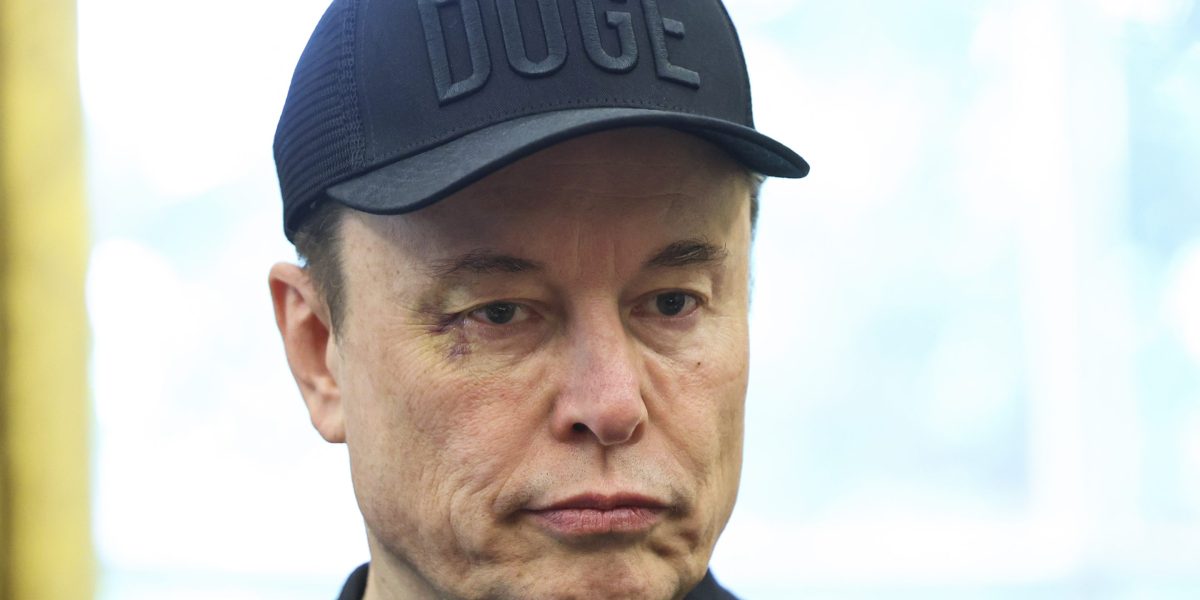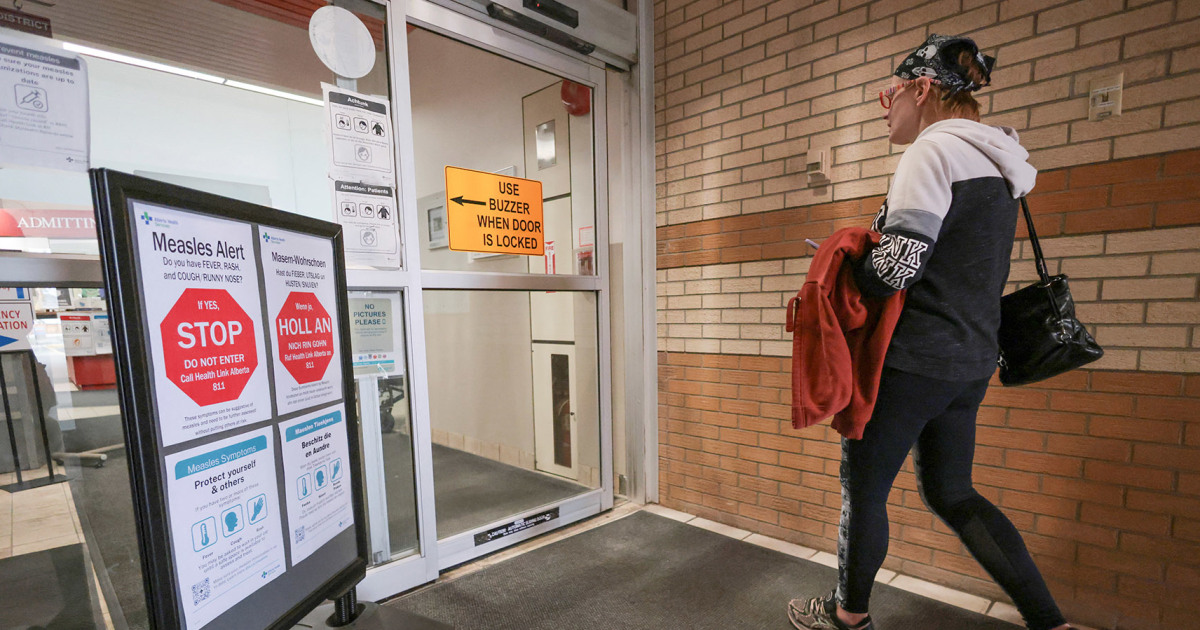MEXICO CITY — The Trump administration has widened its war against alleged drug traffickers, killing 14 people in attacks on four boats off Mexico’s Pacific coast, a move condemned by Mexican President Claudia Sheinbaum.
The Pentagon said Tuesday that it carried out the strikes in international waters in the eastern Pacific Ocean on Monday. The U.S. and Sheinbaum initially said that one survivor had been rescued by Mexico’s navy, though the navy later clarified that its search for the lone survivor was ongoing.
Sheinbaum denounced the strikes and ordered officials from her administration to discuss them with the U.S. ambassador to Mexico..
“We do not agree with these attacks, with how they are carried out,” Sheinbaum said. “We want all international treaties to be complied with.”
The Pentagon did not give exact coordinates of the attacks. Sheinbaum said only that they occurred in “international waters.” In a post on X, Mexico’s navy said that at the behest of the U.S. Coast Guard it was conducting a search-and-rescue operation 400 miles south of the Pacific resort city of Acapulco.
The Pentagon declined to share the nationalities of the victims, any evidence that they were in fact trafficking drugs and whether they were suspected of allegiance to a particular cartel.
The latest strikes mark a new escalation of the U.S. military campaign against alleged Latin American drug runners, which White House officials have branded “narco terrorists.” In recent months, President Trump has formally designated several drug cartels as terrorist groups and the military has ordered thousands of troops, war ships and fighter jets to the Caribbean sea in an effort to combat them.
At least 57 alleged traffickers have been killed in 13 strikes in the Caribbean and the Pacific, mostly off the coasts of Venezuela and Colombia. Most experts agree that the strikes violate U.S. and international law because the military is not supposed to target civilians — even alleged criminals — who are not at war with the United States.
Trump has said that he does not plan to ask Congress for a “declaration of war,” and that he alone has the authority to declare drug traffickers as enemy combatants.
The strikes have provoked outcry throughout Latin America, with Venezuela’s authoritarian leader, Nicolás Maduro, insisting that they are political in nature and designed to push him from power. After Colombian President Gustavo Petro criticized the U.S. for “murdering” civilians in strikes off the coast of his country, the U.S. Treasury Department responded by sanctioning him and several members of his family, and Trump threatened to impose punishing tariffs on Colombian imports.
Before this week, Sheinbaum had avoided a full-throated condemnation of the Trump administration’s high-seas attacks.
U.S. officials have warned for months that they may carry out strikes on drug trafficking targets in Mexico, which is the principal smuggling corridor for America-bound drugs, including cocaine and synthetic drugs such as methamphetamine and fentanyl.
The Trump administration has ramped up CIA surveillance drone flights over Mexico, formally designated drug cartels as “foreign terrorist” groups and floated the possibility of deploying troops there to fight organized crime.
Mexico is “essentially run by the cartels,” Trump has said, insisting that the United States should “wage war” against them.
Sheinbaum has repeatedly said that she opposes unilateral U.S. actions in Mexico and would treat a military incursion as an act of war — a nationalist position that has played well with her base.
“The Mexican people under no circumstances will accept interventions, meddling or whatever other act from abroad that would be harmful to the integrity, independence and sovereignty of the nation,” she said in February, adding that that included “violations by land, sea, or air.”
But Sheinbaum is in a difficult position. While her supporters may demand that she take a bolder stance as U.S. strikes hit closer and closer to Mexican territory, she is also under pressure to not rock ongoing negotiations with the White House over Trump’s threat to increase tariffs on Mexican imports. On Monday, she said she had talked to Trump over the weekend and that the U.S. had agreed to give Mexico more time to make trade policy changes to avoid an increase in tariffs that had been set to go into effect this week.
Mexican security consultant David Saucedo said Sheinbaum’s government and the U.S. align on their desire to target drug traffickers and have been working together closely, but that Sheinbaum must downplay that collaboration. He said that while targeting drug boats may in the short term hurt cartels, it won’t put a major dent in trafficking.
“If they manage to significantly reduce drug shipments by sea, drug shipments by land will be strengthened,” Saucedo said.
Defense Secretary Pete Hegseth posted footage of Monday’s strikes on social media. One video showed two boats moving at high speed through the water. One appeared laden with packages. Both then suddenly exploded.
The third strike targeted two boats that were idling next to each other, with no visible cargo. Two people could be seen before the boats were engulfed in flames.
Hegseth said “the four vessels were known by our intelligence apparatus, transiting along known narco-trafficking routes, and carrying narcotics.”
Times staff writer Patrick J. McDonnell and special correspondent Cecilia Sánchez Vidal in Mexico City contributed to this report.
Source link


